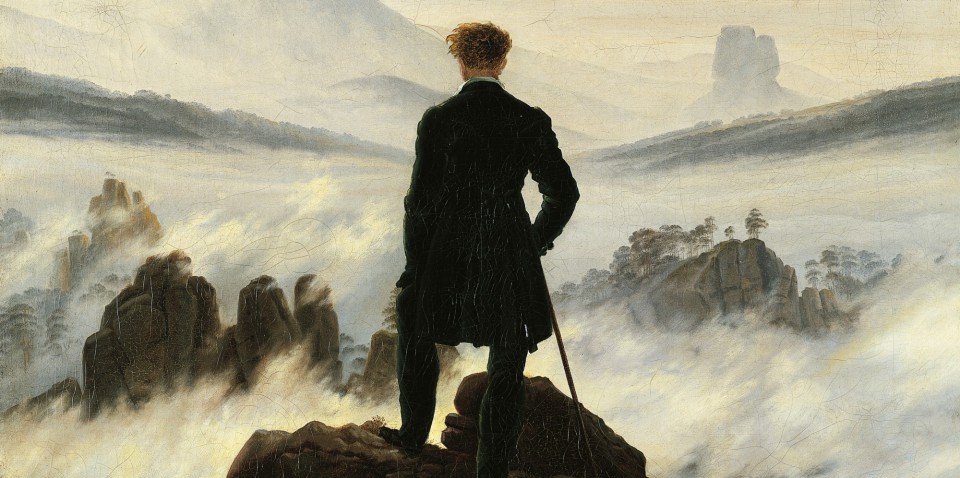So much to blog, so little words!
BCM111 has definitely shaped my view on blogging as a whole. After blogging regularly in both BCM110 and BCM112, I had gained a solid basis, surrounding the aims and purpose of blogging.
However, this was a new challenge. Without doubt, the most conceptual subject I’ve studied so far, BCM111 broadened by scope on the globes most topical international issues. The majority of topics throughout the course were all quite engaging, loaded with information and concepts that were fresh and enriching.
Two areas of study were particularly influential in regards to my BCM111 experience; “Globalisation, Media Flows and Saturation Coverage” and “Television and the emergence of new ‘media capitals’”.
I felt my knowledge of Globalisation was at an average level, however after viewing the lecture and examining the readings, I had taken it to another level. Learning about concepts such as a “Networked World” and “Cultural Imperialism”, aided my understanding of how truly interconnected the globe is, through media and technologies alike.
Being introduced to Marshall McLuhan’s concept of a “Global Village” allowed me to understand how physical distance is no longer a limit to the free exchange of information, allowing countries to inform and aid one another. Cultural Imperialism in particular, was an intriguing notion, revealing the “dark side” of media power, acting in such a way that it could be branded as a larger country, colonising a smaller nation through advertising and technology. In fact, this concept has inspired me to travel to Vietnam during the summer, to witness first hand, just how globalized the country has become.
Media capitals existing outside of Hollywood was a complete foreign concept, until attending the lecture and reading (in detail) Michael Curtin’s, “Media Capital: Towards the Study of Spatial Flows. It was fascinating to discover that massive media capitals existed throughout China and India and were growing at an incredible weight. The “Communication Movement” (Khorana) aided my understanding and gave reasoning as to why these Asian media capitals were expanding so quickly, leading me to discover that Bollywood’s annual film output was double to that of Hollywood.
What an experience BCM111 has been.
I feel that I have been pushed to work at new level of independence, unraveling complex concepts and then applying them to my work. This subject is coming to a close, but I still feel as if I have only scratched the surface of the colossal juggernaut that is International Media.

